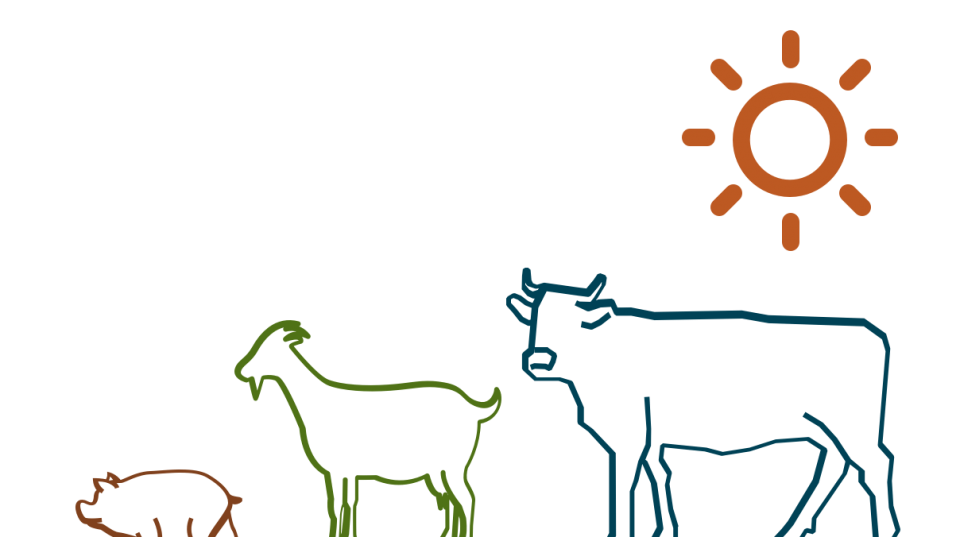Overview
This project supported the development of a market chain that encouraged smallholders in south-east Cambodia (85% of whom currently own cattle) to access the Ho Chi Minh City, Phnom Penh and Siem Reap markets.
Smallholder farmers who own cattle in Cambodia have limited access to domestic and export markets which increasingly demand high and consistent quantity and quality beef. Livestock owners also suffer production and financial losses because of disease outbreak.
The Cambodian Strategy for Livestock Production (2011) seeks to improve market participation and reduce associated risks of disease. Sustainable market chains ensure that all stakeholders in the market chain have economic incentives to work with smallholders to better manage biosecurity and production.
ACIAR worked with Cambodian institutions, livestock traders and producers to evaluate the cattle market chain, provide smallholder farmers with greater capacity to participate in developing cattle markets, and improve market chains that encourage all participants to produce appropriate quantities and quality of cattle.
Outcomes
At the completion of the project branded premium beef was being sold to restaurants, farmers markets, wet markets and supermarkets in Phnom Penh. However not all animals were sourced from project farmers due to supply side issues. The commencement of import of hundreds of thousands of Australian cattle into southern Vietnam caused a drop in prices in Cambodia, resulting in farmers being unwilling to sell after a sustained period of high prices.
The difficulties due to complexity of the post-slaughter value chain were affected by animal quality. The number of different breeds, ages and condition of cattle being grown by project farmers and available in Phnom Penh slaughterhouses introduced considerable added complexity. In particular, the advanced average age and poor condition of local animals was a problem. Australian cattle being finished to consistent target weight and condition in Cambodia, (in Vietnamese owned feedlots), became available in Phnom Penh towards the end of the project.
The change in mindset required for farmers fattening for market and producing a target animal will take some time. Mekong Meats intends to continue to build relationships with local farmers to provide education, mitigate supply side risks, and take advantage of the market preference for local product.




